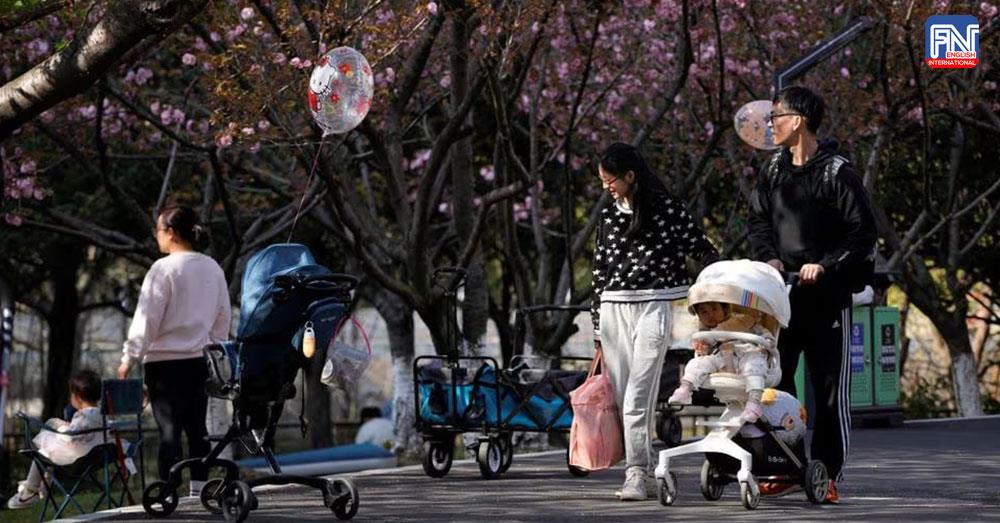HONG KONG, Mar. 5 (Reuters) - China will improve policies supporting childbirth, two official government reports said on Tuesday, which also detailed plans to support a growing elderly population by raising benefits and basic pensions and pushing forward a private pension system.
The measures come after China's population fell for a second consecutive year in 2023, with new births dropping to about half of those in 2016, while marriages hit a record low in 2022.
China will "work towards a birth-friendly society and promote long term, balanced population development" and develop "public interest childcare" to reduce the cost of childbirth, parenting and education, said a report released by the country's state planner.
The country will improve policies to boost birth rates by "refining parental leave policies, improving the mechanism for sharing the related labour costs of employers and increasing the supply of childcare services," according to a separate work report from Premier Li Qiang, also released on Tuesday.
Much of China's demographic downturn is the result of its one-child policy imposed between 1980 and 2015. Couples have been allowed to have up to three children since 2021.
However a rising number of women are opting to not have children, put off by the high cost of childcare or an unwillingness to marry or put their careers on hold, while gender discrimination persists.
Authorities have tried to roll out incentives and measures to boost baby making, including expanding maternity leave, financial and tax benefits for having children as well as housing subsidies.
But China is one of the world's most expensive places to bring up a child, relative to its GDP per capita, a prominent Chinese think tank said in February, as it detailed the time and opportunity cost for women who give birth.

Photo from Reuters




